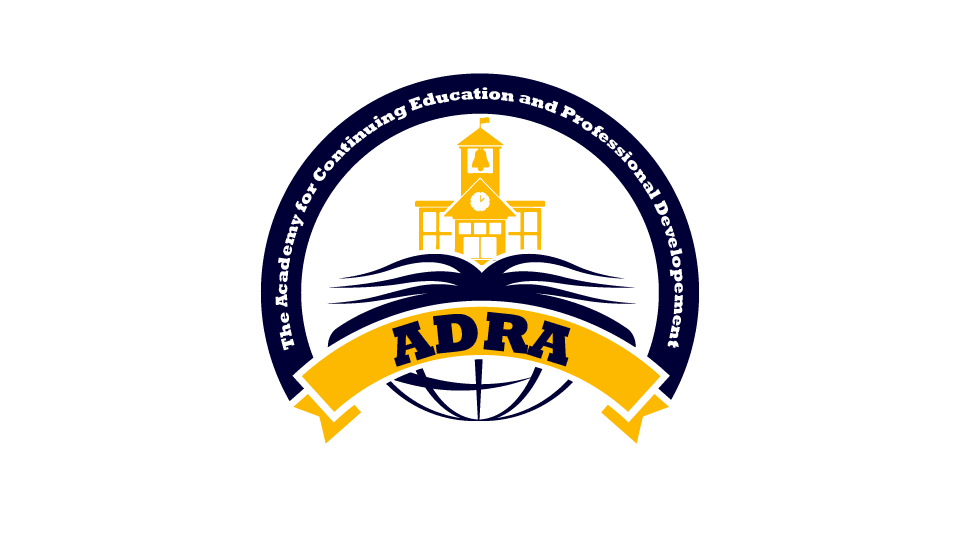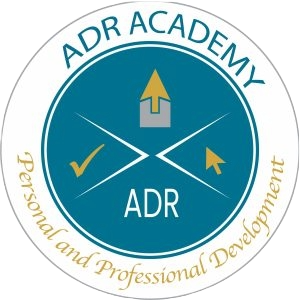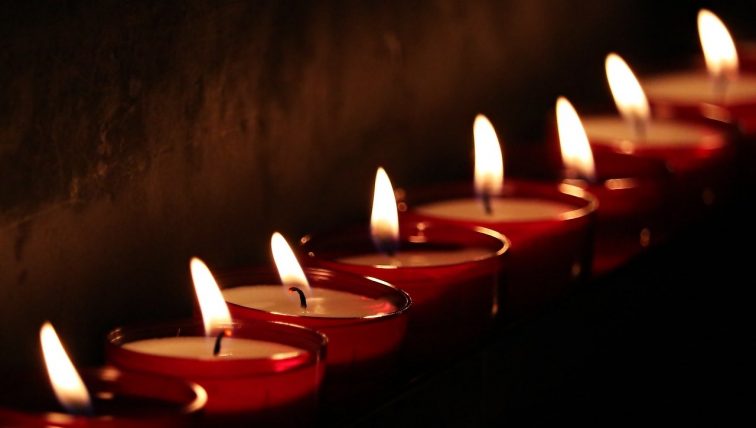Short Course Description
This course addresses the often unspoken influence that religion plays in domestic violence, with a focus on mediation. The United States is a pluralistic and religious diverse society. Religion does play an important role in the life of many members of society. Freedom of religion is deeply woven into the fabric of our history and culture. The role of religion and a party’s religious belief is sometimes overlooked when we are presented with facts in a family law case when there has been domestic violence. To better appreciate the underlying issues, the responses, and actions of the parties, we need to be aware of this factor. The course begins with an introduction to the need for acquiring some level of religious literacy and adopting the 3 R’s set forth in the Williamsburg Charter, i.e., Rights, Responsibility, and Respect. The material provides an overview on marriage, divorce, and domestic violence reflected in the three Abrahamic religions, Christianity, Judaism, and Islam. This leads to the practical aspects, including the potential impact and responses that the victim and the abuser may be exhibited during mediation and considers the need to employ tools, such as religious literacy, the 3 Rs, and the applicable Rules for Certified and Court-Appointed Mediators.
Reviews
4.5
- 5 stars5
- 4 stars2
- 3 stars1
- 2 stars0
- 1 stars0



This course thoroughly explains rights, responsibility, and respect issues in relation to religion and domestic violence.
Very interesting. I learned skills to apply with regard to religion and domestic violence.
Very helpful course, thank you.
I enjoyed this course. It raised several issues that were new to me to consider in a mediation.
Good presentation.